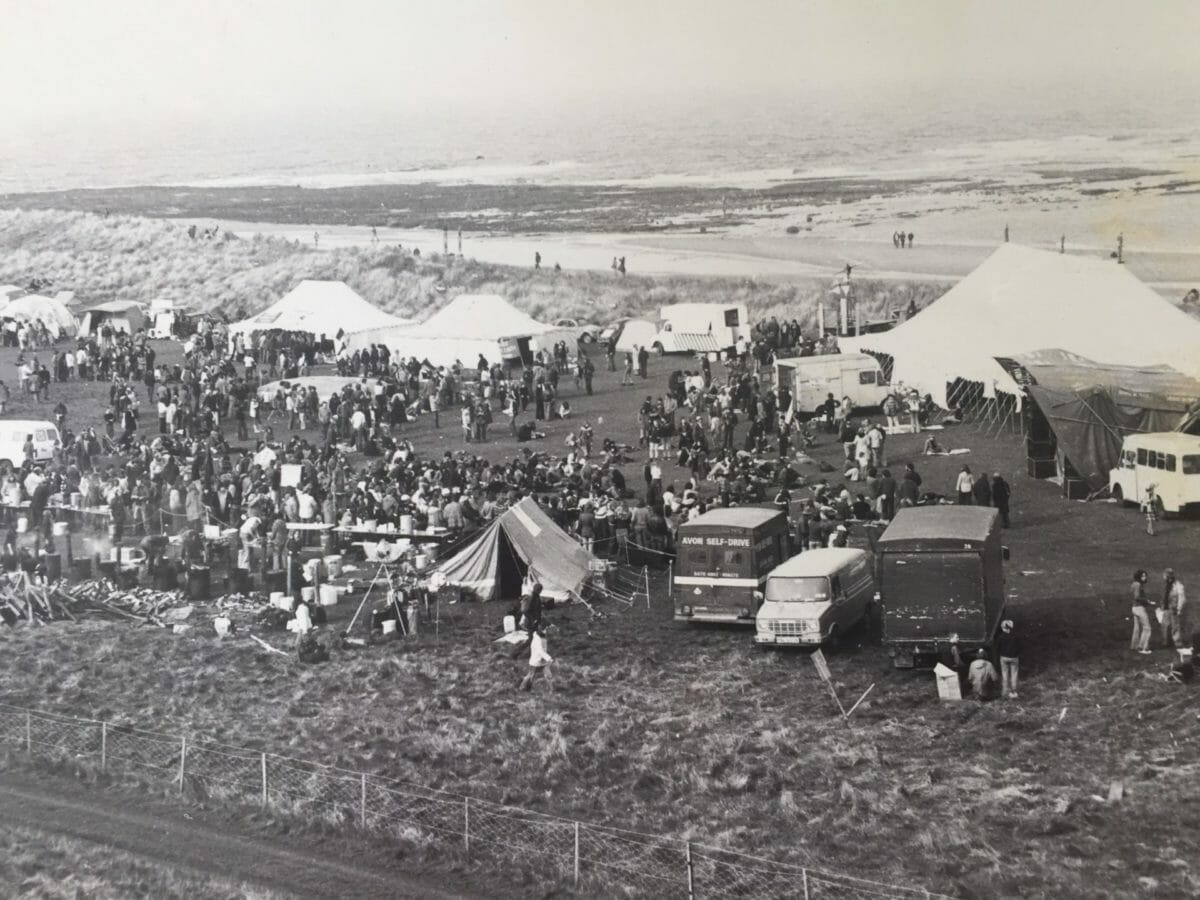Undercover operations by so-called spycops to infiltrate Scottish anti-nuclear groups were not justified, an independent inquiry has concluded.
Retired judge Sir John Mitting has been leading the undercover policing inquiry, established in 2014 to examine the operations of police spies over more than four decades after revelations about their misconduct.
Undercover officers, aka spycops, infiltrated campaign groups using dead children’s identities. Some had sexual relations with women they were spying on and at least three officers fathered children with campaigners.
In a critical report – which covers the first 14 years of the secret operations, between 1968 and 1982 – Mitting said police officers gathered a “remarkable” amount of information on activists who posed no threat to public order.
During that period spycops, as reported by The Ferret, infiltrated the Scottish Campaign to Resist the Atomic Menace (SCRAM), Friends of the Earth, and the Torness Alliance, during protests against the building of a nuclear power station at Torness in East Lothian.
I’m pleased to see that the inquiry has agreed that undercover police officers were not justified in gathering such a ‘remarkable’ quantity of information on activists engaged in their democratic right to protest about government policy.
Former anti-nuclear campaigner Pete Roche, who worked at Friends of the Earth (Edinburgh) and SCRAM in the 1970s and 1980s.
SCRAM was formed in the early 1970s and brought together activists who campaigned against plans by the then South of Scotland Electricity Board (SSEB) to build a nuclear power station at Torness, on the East Lothian coast, south of Dunbar. SCRAM lobbied against the project and helped organise mass protests in 1978 and 1979.
The 1978 protest gave birth to the Torness Alliance, a nationwide network of activists dedicated to trying to prevent the building of a nuclear station.
The inquiry heard that between 1968 and at least 2010, 139 undercover officers were sent on deployments – usually lasting four years – and spied on more than 1,000 mainly left-wing and progressive groups.
Mitting concluded that an undercover unit called the Special Demonstration Squad (SDS), operated with the approval of the highest levels of government, and funding from the Home Office. Its reports were routinely passed to MI5 – the security service.
The intrusive methods of the SDS – which spied on SCRAM and other Scottish campaign groups – were not justified, Mitting said.
“The principal, stated purpose of the SDS was to assist uniformed police to control public order in London. Long-term deployments into left-wing and anarchist groups did make a real contribution to achieving this end, even though this was or could have been achieved to a significant extent by other, less intrusive means,” he concluded.
“The question is whether or not the end justifies the means set out above. I have come to the firm conclusion that, for a unit of a police force, it did not; and that had the use of these means been publicly known at the time, the SDS would have been brought to a rapid end.”
The Ferret revealed in 2021 that Special Branch documents released to the inquiry disclosed that anti-nuclear activists at Torness were being watched. One included a letter from David Powis, acting assistant commissioner for crime for the Metropolitan Police, to the Home Office on 23 March 1981.
It said: “As predicted, 1980 saw considerable activity by the anti-nuclear movement around the siting of power stations, the transportation of waste and cruise missile bases in the United Kingdom. SDS information proved of considerable value in this area, particularly in the prevention of serious disorder and damage to property in East Lothian.”
Released along with the letter was the Special Demonstration Squad’s annual report for 1980. It listed organisations which it said had been “penetrated by SDS officers directly or to a sufficient extent to enable monitoring of their more important activities.”
The list included the Scottish Campaign to Resist the Atomic Menace, and the Torness Alliance, as well as Friends of the Earth, the Anti-Nuclear Campaign and London Region Anti-Nuclear Alliance. A further 17 groups branded “Trotskyist”, “Marxist-Leninist”, “Pro-Irish”, “Anarchist” and “Anti-Fascist” were also listed.
The question is whether or not the end justifies the means set out above. I have come to the firm conclusion that, for a unit of a police force, it did not; and that had the use of these means been publicly known at the time, the SDS would have been brought to a rapid end.
Sir John Mitting, a former judge leading the undercover policing inquiry.
Pete Roche, who worked at Friends of the Earth (Edinburgh) and SCRAM in the 1970s and 1980s, previously described the activities of the spycops as a “threat to democracy”.
Commenting on Mitting’s report, he said: “I’m pleased to see that the inquiry has agreed that undercover police officers were not justified in gathering such a ‘remarkable’ quantity of information on activists engaged in their democratic right to protest about government policy. Now that the SDS has been disbanded, I hope it will continue to be seen as unjustified.”
Commander Jon Savell of the Metropolitan police, said: “We know that enormous distress has been caused, and I want to take this opportunity to reiterate the apologies made to women deceived by officers into sexual relationships, to the families of deceased children whose identities were used by officers, and to those who suffered a miscarriage of justice because of the actions of SDS officers.”















As always with fascists, they simply believe that all is needed is an apology. No justice ever is to be expected when it comes to the corrupt public officials who break the law.